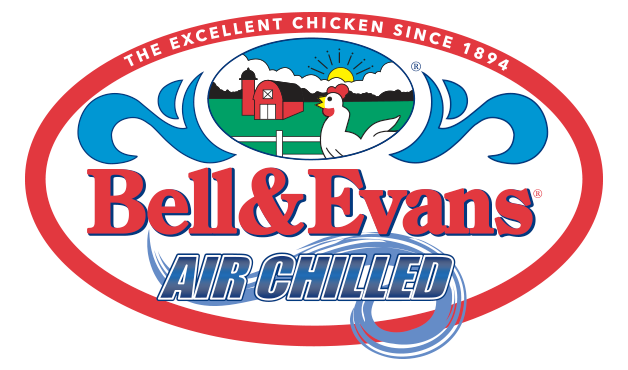CORN – For centuries it’s been a mainstay of American agriculture. Native Americans taught the first European settlers the importance of corn. So when did it become a four-letter word? During the depression, the Agricultural Act of 1938 legislated price supports for corn, cotton, and wheat. This system, evolved over the last seventy years, when the agricultural industry was very different, and has had a profound effect on our lives today.
The Energy Policy Act of 2005, mandated that billions of gallons of ethanol be blended into our gasoline, affecting mpg and what we pay for gasoline at the pump. But what happens to the by-products of ethanol?… and there’s a lot of it! 3.2 to 3.5 million metric tons of distillers grains are produced annually in North America. Feed producers have started to replace corn-based livestock and poultry feed with DDGS – another four-letter word.
DDGS – (Distiller’s Dry Grains with Solubles) are by-products of the fermentation process used to create ethanol from various crops, such as corn. Basically, ethanol is the product of starches broken down by enzymes into sugars, which are fermented and distilled in a warm and moist environment. Unfortunately, this environment is perfect for the growth of bacteria. Estimates are that slightly over half of all U.S. ethanol plants currently use antibiotics to control bacterial contamination.
Not a big deal in gasoline, but what about when the by-products are used to feed our livestock? There is concern that not all antibiotics are metabolized during ethanol production and remain in the DDGS protein as residue (btw -the energy value of DDGS for poultry is approximately 17% lower than that of corn.) While antibiotics have been used for several years in ethanol production, they have largely escaped any type of FDA regulation.
At Bell & Evans, we never use ethanol by-products in our feed. Our all-vegetable diet of locally-grown corn and extruded and expeller pressed soybeans, enhanced with vitamins and minerals, is superior to the rest of the industry. And every batch of our specially-formulated feed is computer monitored for quality and consistency.
The Bell & Evans Guarantee: No Antibiotics…ever. Not in the feed, the water or the egg.

